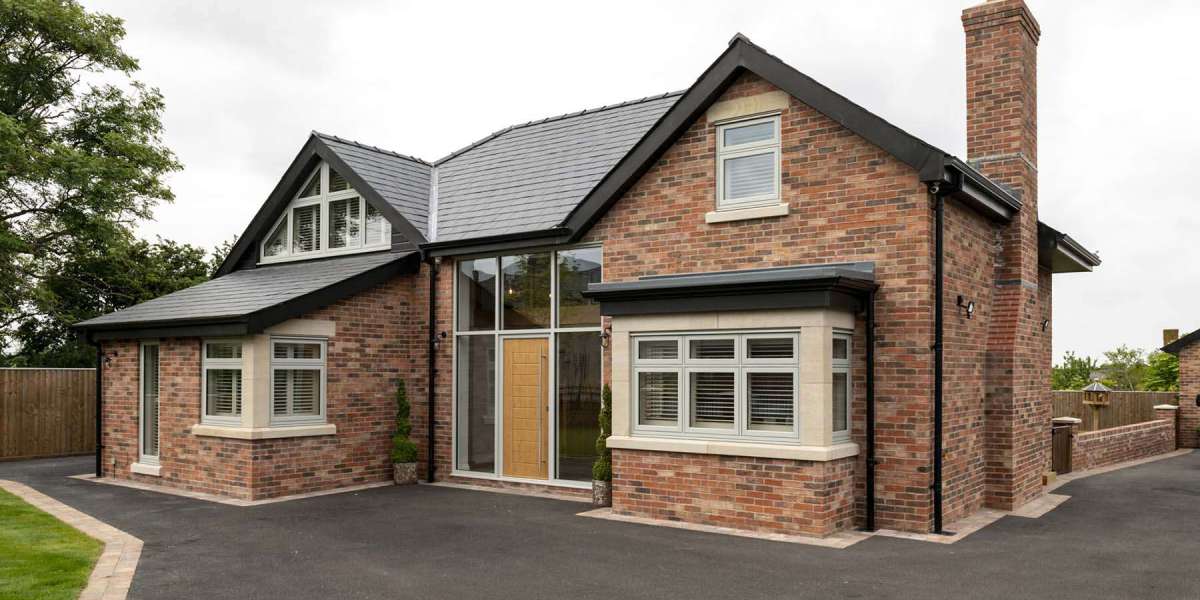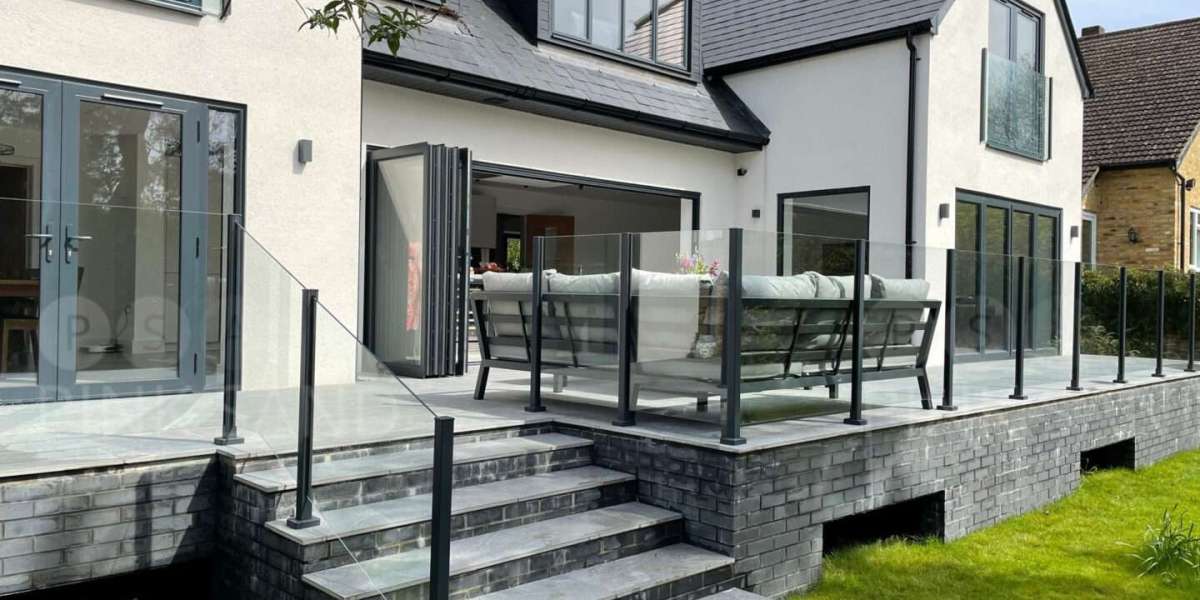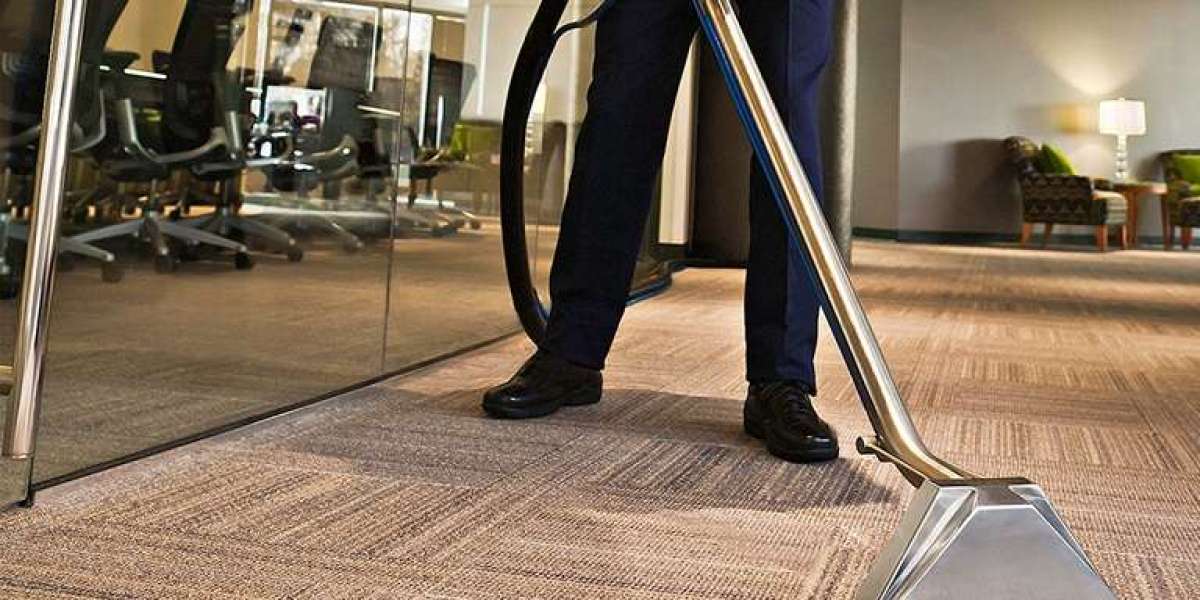In the realm of modern architecture and construction, the choice of materials plays a pivotal role in determining the efficiency, aesthetics, and longevity of buildings. Among the various materials available, unplasticized polyvinyl chloride (uPVC) has emerged as a popular choice for window frames. This article delves into the numerous advantages of uPVC windows, their applications in contemporary construction, and the factors contributing to their growing popularity.

Understanding uPVC
uPVC, or unplasticized polyvinyl chloride, is a type of rigid plastic that is utilized extensively in the building industry. Unlike regular PVC, which contains plasticizers that make it flexible, uPVC is formulated to be strong and durable, making it an ideal choice for window frames. It is resistant to environmental factors such as moisture, UV rays, and temperature fluctuations, which contributes to its long lifespan and low maintenance requirements.
Advantages of uPVC Windows
- Durability and Longevity: One of the most significant advantages of uPVC windows is their durability. They are resistant to rot, corrosion, and warping, which are common issues faced by traditional wooden windows. With proper installation, uPVC windows can last for decades without needing replacement, making them a cost-effective option for homeowners.
- Energy Efficiency: uPVC windows are known for their excellent thermal insulation properties. They help to maintain a consistent indoor temperature by reducing heat transfer between the interior and exterior of a building. This energy efficiency not only enhances comfort but also leads to lower energy bills, making uPVC windows an environmentally friendly choice.
- Low Maintenance: Unlike wooden windows that require regular painting, staining, or sealing, uPVC windows require minimal maintenance. A simple wipe-down with a damp cloth is usually sufficient to keep them clean. Their resistance to fading and discoloration also means that they retain their aesthetic appeal over time.
- Sound Insulation: uPVC windows provide effective sound insulation, making them an excellent choice for homes located in noisy environments. The multi-chambered design of uPVC frames helps to minimize noise pollution, creating a quieter and more serene indoor atmosphere.
- Security Features: Security is a paramount concern for homeowners, and uPVC windows offer robust security features. They can be fitted with multi-point locking systems, reinforced frames, and laminated glass, making them difficult to breach and providing peace of mind to residents.
- Aesthetic Versatility: uPVC windows are available in a wide range of styles, colors, and finishes, allowing homeowners to choose designs that complement their architectural preferences. From classic casement windows to contemporary sliding designs, uPVC can be tailored to suit various aesthetic requirements.
- Eco-Friendly Options: As sustainability becomes increasingly important in construction, uPVC windows are often manufactured using recyclable materials. Additionally, their energy efficiency contributes to reduced carbon footprints, aligning with global efforts to promote environmentally responsible building practices.
Applications of uPVC Windows
The versatility of uPVC windows makes them suitable for a wide range of applications in both residential and commercial settings:
- Residential Buildings: uPVC windows are commonly used in homes due to their energy efficiency, durability, and aesthetic appeal. They are ideal for new constructions as well as renovations, providing homeowners with modern solutions that enhance property value.
- Commercial Properties: In commercial buildings, where energy efficiency and security are paramount, uPVC windows offer a reliable solution. Their low maintenance requirements are particularly appealing to businesses looking to minimize operational costs.
- High-Rise Buildings: The lightweight nature of uPVC makes it an excellent choice for high-rise constructions. The material's resistance to corrosion and environmental stressors ensures that windows remain functional and visually appealing over time.
- Public Buildings: Schools, hospitals, and other public facilities benefit from uPVC windows due to their durability and ease of maintenance. The energy efficiency of uPVC also contributes to lower operational costs in these institutions.
- Renovation Projects: For older buildings, replacing traditional wooden windows with uPVC options can enhance energy efficiency and reduce maintenance costs. The aesthetic versatility of uPVC allows it to blend seamlessly with various architectural styles.
Considerations When Choosing uPVC Windows
While uPVC windows offer numerous benefits, there are several factors to consider when selecting them for a project:
- Quality: Not all uPVC windows are created equal. It is crucial to choose high-quality products from reputable manufacturers to ensure durability and performance. Look for windows that meet industry standards and come with warranties.
- Installation: Proper installation is essential to maximize the benefits of uPVC windows. Engaging experienced professionals for installation can prevent issues like drafts, leaks, or misalignment that could compromise performance.
- Customization: Assess the range of styles, colors, and finishes available. Customization options can enhance the aesthetic appeal of a building while ensuring that the windows align with the overall design vision.
- Cost: While uPVC windows are generally cost-effective in the long run, initial costs can vary based on quality, design, and installation. It is important to budget accordingly and consider the long-term savings associated with energy efficiency and low maintenance.
Conclusion
In conclusion, uPVC windows represent a modern solution for builders and homeowners seeking durability, energy efficiency, and aesthetic versatility. Their numerous advantages, including low maintenance, sound insulation, and security features, make them an ideal choice for various applications in contemporary architecture. As the demand for https://gohertford.co.uk/events/e/hertford-food-and-drink-festival-15/ sustainable and efficient building materials continues to rise, uPVC windows are poised to play a crucial role in the evolution of modern construction practices. With careful consideration of quality, installation, and customization options, uPVC windows can enhance the functionality and beauty of any building, making them a wise investment for the future.







